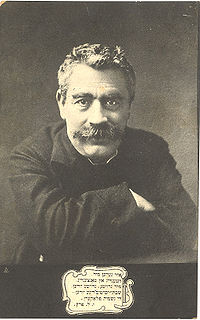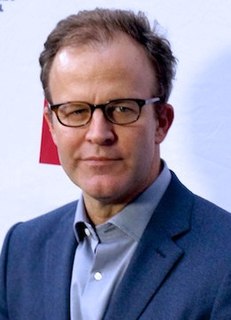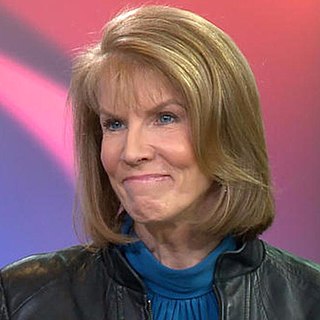A Quote by Patricia Leavy
As audiences, when we are exposed to oral history projects not only do we learn but in some ways we also bear witness to that which we have not experienced personally.
Related Quotes
My book, Oral History: Understanding Qualitative Research is about how researchers use this method and how to write up their oral history projects so that audiences can read them. It's important that researchers have many different tools available to study people's lives and the cultures we live in. I think oral history is a most needed and uniquely important strategy.
Moreover, it is so important that people have the opportunity to share their stories and have them documented. There have been large-scale oral history projects after many events, from September 11th to Hurricane Katrina. Many oral history projects are much more confined, but equally valuable. We can learn about different working conditions, living conditions, trauma experiences and much more through oral history.
Yiddish, the language which will ever bear witness to the violence and murder inflicted on us, bear the marks of our expulsions from land to land, the language which absorbed the wails of the fathers, the laments of the generations, the poison and bitterness of history, the language whose precious jewels are the undried, uncongealed Jewish tears.
Taking chances is my job; some will connect and some won't, and certain films find their audiences in different ways. I think 'Spotlight' probably is a better movie because of 'The Cobbler.' You learn with every movie you make: you learn from your mistakes, and you learn from your achievements, and I really do have that approach to filmmaking.
I made some friends at Listerine and they taught me a little bit about oral care. That half of adults suffer from oral disease, that the number one chronic disease among children is oral disease, that we're only taking care of 25% of our mouths when brushing alone and there are more germs in your mouth than there are people on the planet.
But art not only exploits the variety of appearances, it also affirms the validity of individual outlook and thereby admits a further dimension of variety. Since the shapes of art do not primarily bear witness to the objective nature of the things for which they stand, they can reflect individual interpretation and invention.





























